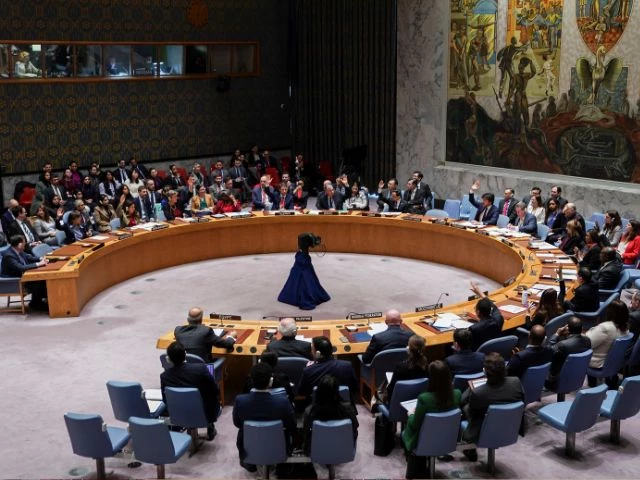Tensions have escalated sharply between Pakistan and India following the recent Pahalgam attack. Yet, in a significant diplomatic breakthrough, Pakistan scored a subtle but important victory at the United Nations Security Council (UNSC), successfully influencing the global narrative around the incident. The UNSC’s statement carefully avoided the strong, direct language India had pushed for, signaling a shift compared to previous crises, notably the 2019 Pulwama attack.
Pakistan’s Tactical Success at the UNSC
The Security Council’s statement, delayed by four days, notably refrained from explicitly naming the Indian government. Instead, it called for cooperation with “all relevant authorities,” softening the tone India had sought to harden. In another key development, the statement used the term “Jammu and Kashmir” — an acknowledgment of the region’s disputed status — while omitting any direct reference to “Pahalgam,” despite New Delhi’s lobbying efforts to frame the territory as uncontested.
Behind the scenes, Pakistan’s diplomatic mission actively engaged with Security Council members to influence the language. The original communique, proposed by the United States, did not achieve full consensus and therefore was not adopted as an official resolution. Nevertheless, Indian diplomats failed to insert key terms they had pushed for, while Pakistan succeeded in blocking language it considered biased. Islamabad’s efforts reinforced its longstanding stance that Indian-Illegally Occupied Jammu and Kashmir (IIOJK) remains under international dispute and scrutiny.
Rising Tensions Between Nuclear-Armed Neighbours
Since the attack, relations between Pakistan and India have deteriorated sharply. In a retaliatory move, New Delhi suspended cooperation under the Indus Waters Treaty, a critical agreement governing water sharing between the two nations. Pakistan responded by closing its airspace to Indian airlines, and both sides have significantly reduced high-level diplomatic contacts.
Prime Minister Shehbaz Sharif strongly condemned the Pahalgam attack and called for a “neutral, transparent, and credible” investigation, offering Pakistan’s cooperation in any such probe. Defence Minister Khawaja Asif went a step further, warning that if the current tensions are not managed carefully, the region could be pushed toward an “all-out war.” Amid these growing hostilities, Iran has stepped forward, offering to mediate between the two neighbours in hopes of easing tensions.
Adding to the escalating situation, India released additional water into the Jhelum River from IIOJK without prior coordination. This move caused flood-like conditions in parts of Pakistan-administered Kashmir, with the Domel area of Muzaffarabad seeing a dangerous surge of 22,000 cusecs flowing through the river, prompting new concerns about the use of water as a geopolitical tool.








